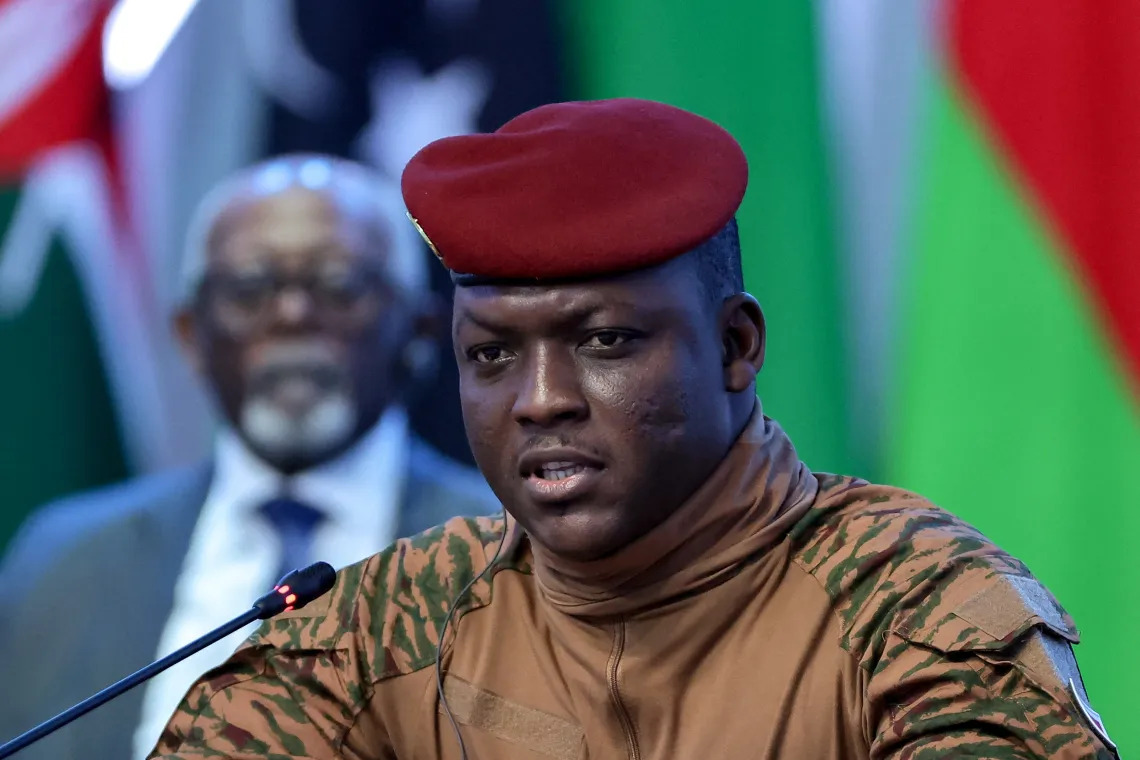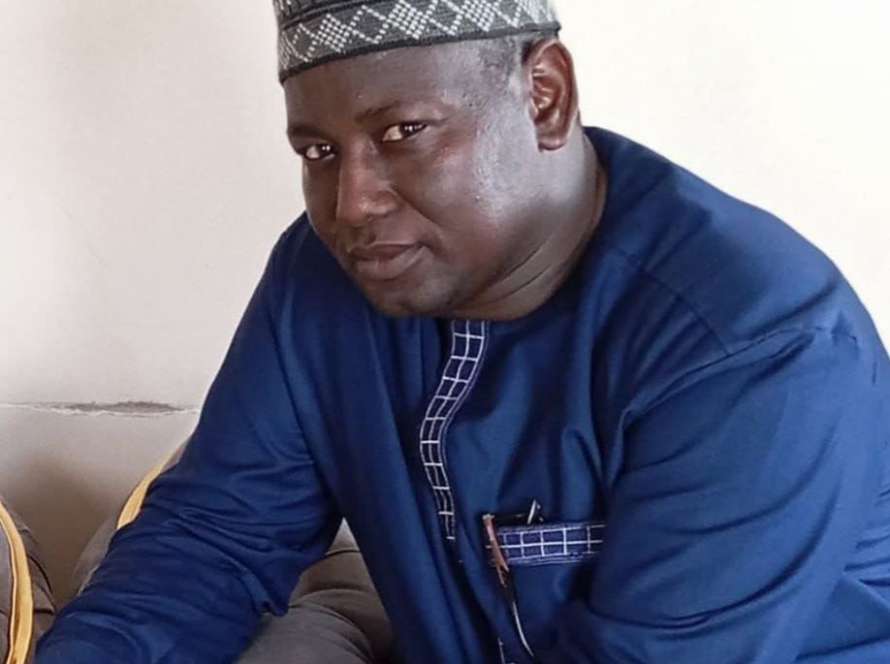The military regime in Burkina Faso has suspended the French media outlet Le Monde, in a further escalation of its onslaught on the media, particularly, foreign platforms, in the country.
The suspension follows a critical publication by the media outlet which the authorities describe as “tendentious.”
Government spokesperson Rimtalba Jean Emmanuel Ouédraogo announced the decision stating, “assuming its responsibility, the government has decided to suspend all channels of Le Monde in Burkina Faso with effect from December 2, 2023.”
The contentious article, titled “Au Burkina, la propagande fait rage après l’attaque djihadiste sur Djibo” (In Burkina, propaganda rages after the jihadist attack on Djibo), followed an attack on a military base in Djibo (in the North of Mali) on November 26, 2023, and challenged the official account.
The government accuses Le Monde of sympathising with terrorists in its coverage of the Djibo attacks. In a press release, Burkina Faso’s government rejected Le Monde’s accusations that its account of the event was full of propaganda, insisting that it has been committed to a truthful approach in the fight against terrorism. The release said Le Monde had “chosen its side”, and attempted to draw a “moral equivalence” between the Burkinabe state and terrorists.
The media organisation responded by deploring the government’s decision and denouncing the allegations as being, “as false as they are intolerable.” “Le Monde maintained that it had done its job, impartially and independently, drawing on a wide range of sources including the government which refused to respond to its enquiries.
This suspension was the second action taken against Le Monde in the course of the year 2023. In April, the authorities expelled the media organisation’s Burkina Faso correspondent, Sophie Douce, alongside Agnès Faivre, also of the French magazine Libération.
The Media Foundation for West Africa (MFWA) strongly condemns the suspension of Le Monde and urges the junta to reconsider its approach. The country’s law places the media under the regulation of the Conseil Supérieure de la Communication. The media organisations have professional associations which auto-regulates its members. We recommend these two channels of dispute resolution to the government, as a healthier option than the macho approach which only deepens mistrust and misunderstanding.






